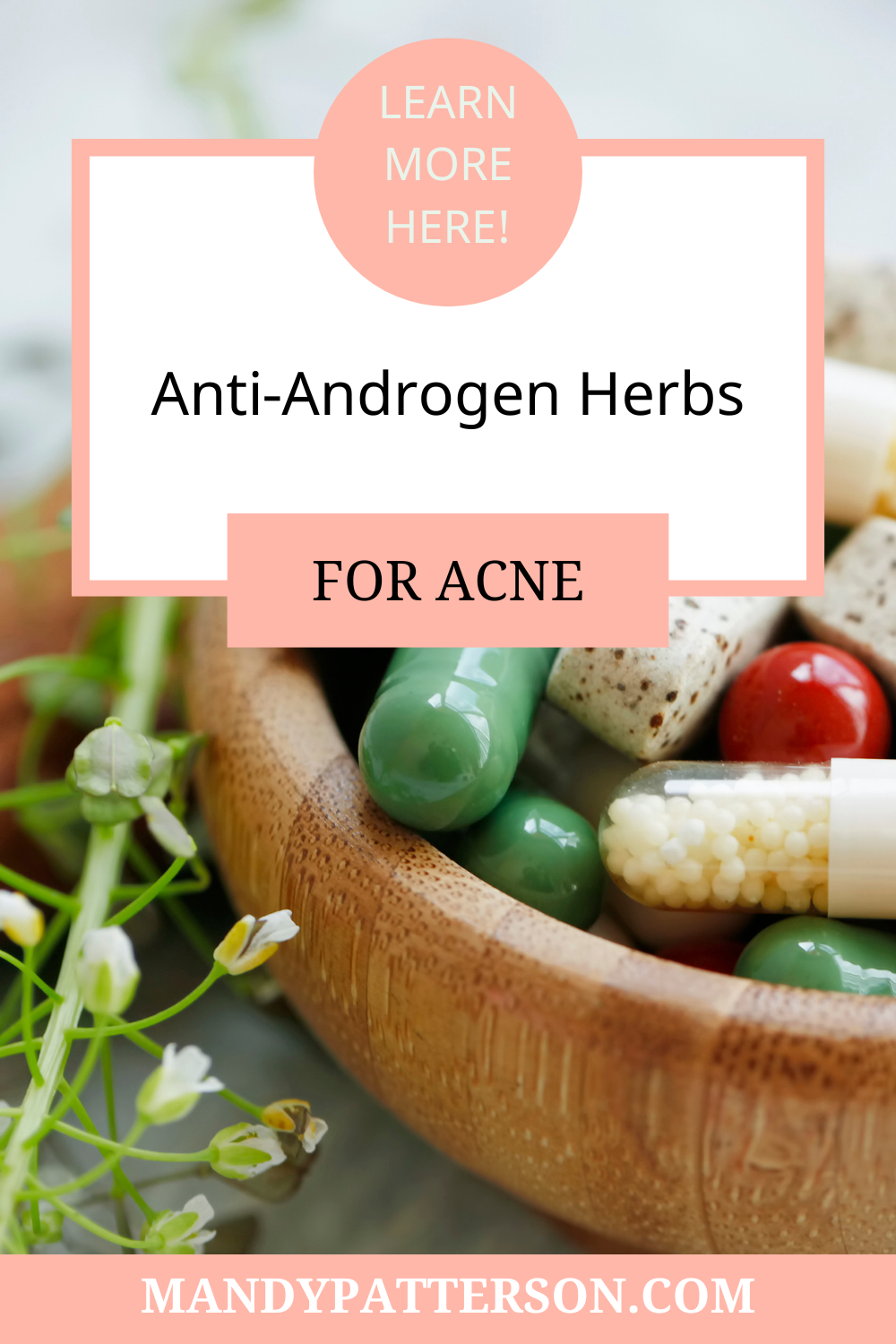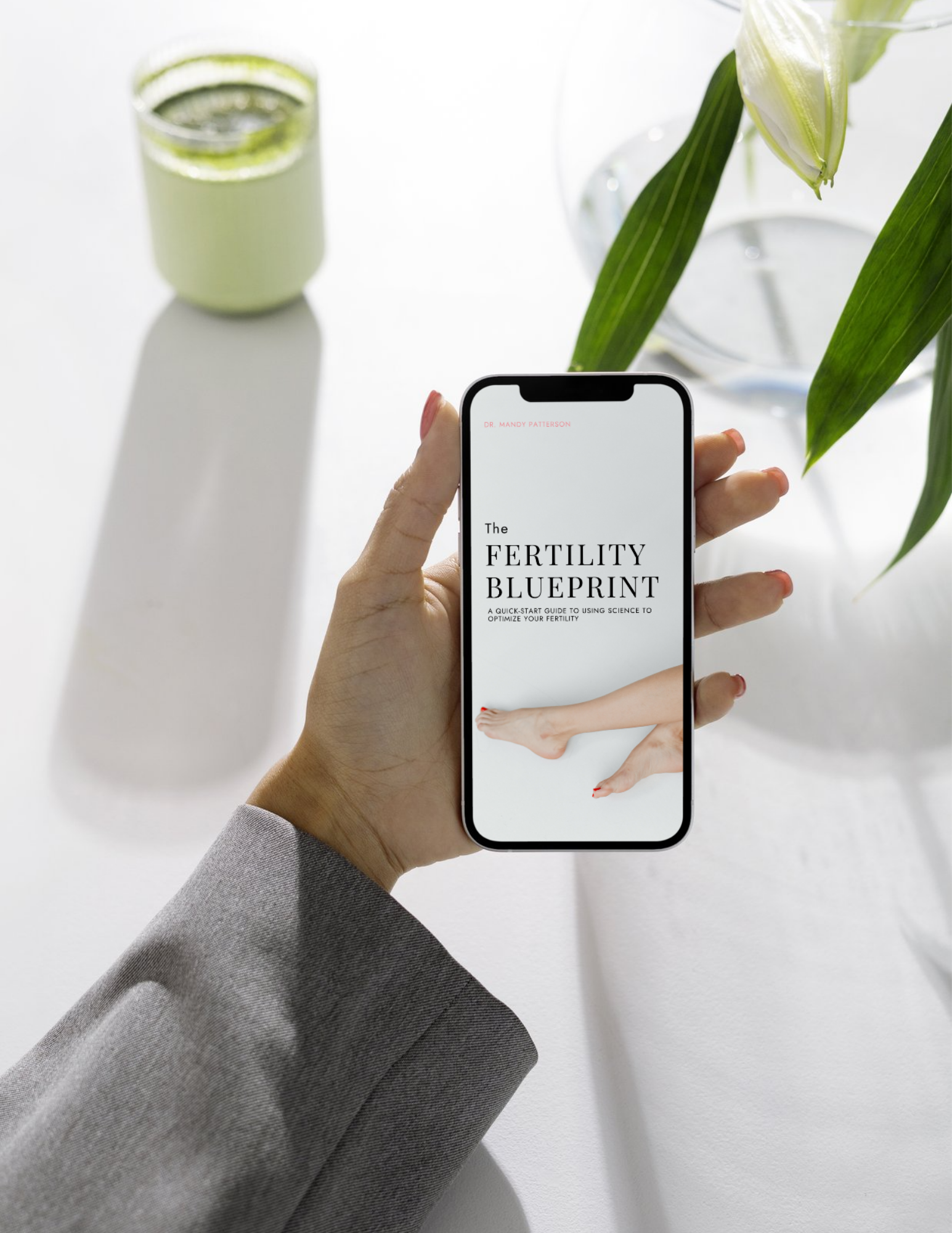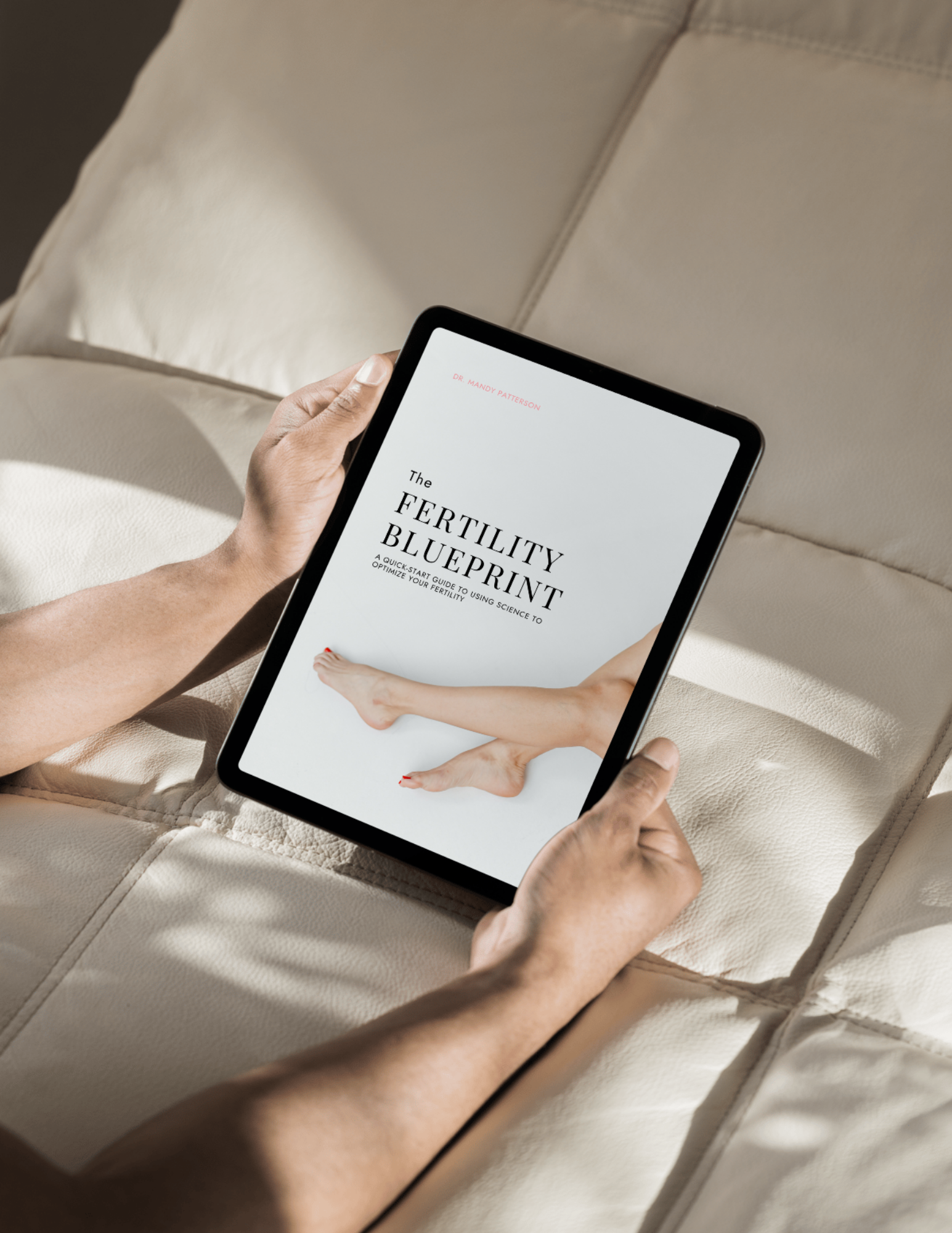The common misconception is that the natural approach is less effective than prescription medicine. The truth is that while the natural approach may take longer at times, it can be just as effective and healthier in the long run. Anti-androgen herbs for acne are one example.
Imagine you roll out of bed, look in the mirror, and BAM – another red, angry hormonal pimple has decided to make an appearance on your chin. Before you slather your face in creams and cleansers or run straight for Accutane, consider the holistic approach. Truth be told, prescription medications for acne can destroy the body from the inside out and are not the only approach.
This article will explore the underlying root causes of hormonal acne and detail the best anti-androgen herbs for acne. Keep reading to learn more about the holistic approach to acne!
What Causes Acne?
Here is the nitty-gritty of how acne forms on your skin. The hair follicles, or pores, in your skin contain sebaceous glands. These make oil that lubricates your hair and skin, called sebum. Most of the time, the sebaceous glands produce the right amount of sebum. However, fluctuating hormones stimulate the sebaceous glands to make more sebum leading to acne breakouts until the hormone and sebum levels are balanced.
Further, pores can become clogged if there is too much sebum and too many dead skin cells. Bacteria can then get trapped inside the pores and multiply. This combination of events causes swelling and redness, or the start of acne.
According to the American Academy of Dermatology, the onset of adult acne is becoming increasingly common in women in their 30s, 40s, and even 50s.
Studies show that up to 50% of women in their 20s and 25% of women in their 40s struggle with acne triggered by hormonal changes in the body.
Why are so many women struggling with adult acne?
Pregnancy, diet, stress, and menopause can cause hormonal imbalances triggering acne on the jawline, chin, or lower cheek.
Moreover, research has shown that underlying gut disorders like leaky gut syndrome, yeast overgrowth, SIBO (small intestinal bacterial overgrowth), and gut dysbiosis contribute to poor skin health.
When your skin breaks out, your body is signaling for help. It’s a red flag from your insides to your outsides.
The Link Between Acne and Hormones
How exactly do fluctuating hormones affect the development of acne? While the exact mechanism is unknown, what is known is that androgen hormones trigger the overproduction of sebum from the sebaceous glands.
More specifically, androgens are the so-called “male hormones” and are present in males and females. The testes, ovaries, and adrenal glands all produce androgens. Research shows that there are androgen receptors in the base of the oil gland and also in the cells that line the pores. When there is an excess of androgen hormones floating around in your body, the result is more oil which in turn leads to acne breakouts.
There are several underlying root causes of an androgen imbalance in women:
- Insulin resistance
- PCOS (polycystic ovary syndrome)
- Chronic stress and elevated levels of cortisol
- Low-dose birth control pills
- A diet high in processed foods
Work with a functional medicine practitioner to get to the root cause of your hormonal acne.
What are Anti-Androgen Herbs for Acne
Anti-androgen herbs for acne are used to block the effects of excess androgen in the body. Scientifically, most anti-androgens that affect acne inhibit dihydrotestosterone (DHT) or alpha-reductase from binding to the androgen receptors in sebaceous glands.
When the receptors are blocked, the androgen hormones can’t trigger the sebaceous glands to produce more oil. Other anti-androgen herbs for acne reduce inflammatory cytokine production, which means they can lower the inflammation that often comes with acne.
Best Anti-Androgen Herbs for Acne
Don’t let hormonal acne get the best of you! While it can be stubborn, there are some easy strategies you can take to balance hormones for acne relief naturally. Here are the best anti-androgen herbs for acne:
Vitex
Hormonal acne has a tendency to manifest along the jaw and chin in women. If you can relate to this, then Vitex for acne may be the right choice.
Vitex, also known as Chasteberry, is an herb that’s been traditionally used for hormonal imbalances in women. It’s often used for menstrual symptoms of low progesterone in the luteal phase to help treat symptoms like depression, crying, mood swings, acne, nervousness, and anxiety.
Current research shows that Vitex can support healthy hormone levels and relieve pre-menstrual symptoms.
It can also be an effective natural hormonal acne treatment.
Vitex acts upon the pituitary and hypothalamus glands by increasing luteinizing hormone (LH) production and mildly inhibiting the release of follicle-stimulating hormone (FSH). This results in a shift in the ratio of estrogen to progesterone, with a rise in progesterone.
By balancing the ratio of estrogen to progesterone, the androgen hormones come into balance as well.
Saw Palmetto
Saw Palmetto supplements are made from the berries of the plant and are used to decrease inflammation. They are also found to decrease the uptake of testosterone in the body. These effects are likely attributed to natural anti-androgenic effects, which block the actions of testosterone in the body, and in turn, help reduce acne breakouts for women and men.
Saw Palmetto can also be used as a natural replacement for Spironolactone when prescribed for acne because it is a natural androgen reducer.
Spearmint
Spearmint has a history of being used in the Middle East to reduce excessive hair growth in females. Studies in women with PCOS have found that consuming two cups a day for 30 days shows it lowers blood levels of free testosterone 4. Spearmint is a great hormonal acne treatment, especially in conjunction with other anti-androgen herbs.
Nettle Root
Both the root and the leaf have been used traditionally for “eruptive skin conditions.” Moreover, a prostate-benefit-exploring study investigated nettle root’s ability to subdue the activity of 5-alpha reductase. This is the element that produces DHT from testosterone. Basically, nettle root could fight inflammation by decreasing DHT in one’s system. This way, the activity of the sebaceous glands would be minimized, effectively lowering your skin’s oil levels. Additionally, research shows that the topical application of nettle root extracts can be a good candidate for local acne treatment.
Other Ways To Naturally Reduce Acne
Other ways to naturally reduce acne consist of balancing your hormones through diet and lifestyle changes. Here are a few tips:
- Consider eliminating sugar. Sugar raises insulin levels, which promotes the production of testosterone in women, and inflammation in general, causing acne. Research indicates that people who had higher sugar intake and a high glycemic load diet had significantly more acne.
- Consider eliminating dairy. Hormones (including growth hormones) in dairy contribute to acne. Two large controlled trials found cow’s milk increased both the number of people who got acne and its severity.
- Consider increasing fiber consumption. One study published in the American Journal of Clinical Nutrition found that diets high in refined carbohydrates resulted in a higher likelihood of the onset of acne. Research shows that a high-fiber diet can decrease blood testosterone, DHT and DHEA—androgens that trigger hormonal acne.
Work With a Fertility Health Coach
As a fertility health coach and mom of six (yes, I said six!), I understand the debilitating effects of acne. If you are struggling with acne and want to get to the root cause of your breakouts to get your health back in order, reach out to me! Through functional lab work and an extensive health history, I will create a personalized protocol to help you achieve optimal health. Learn more here!


















